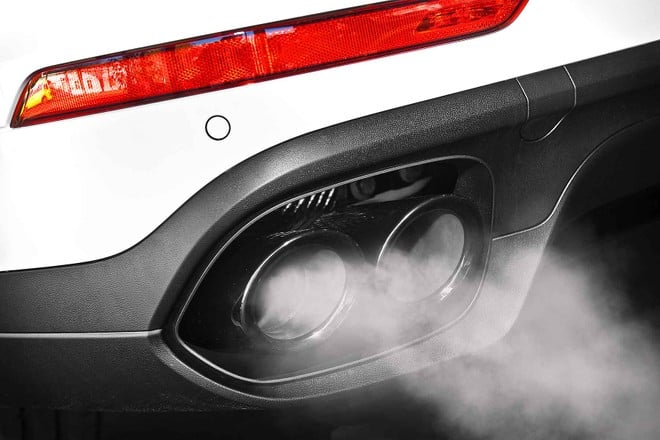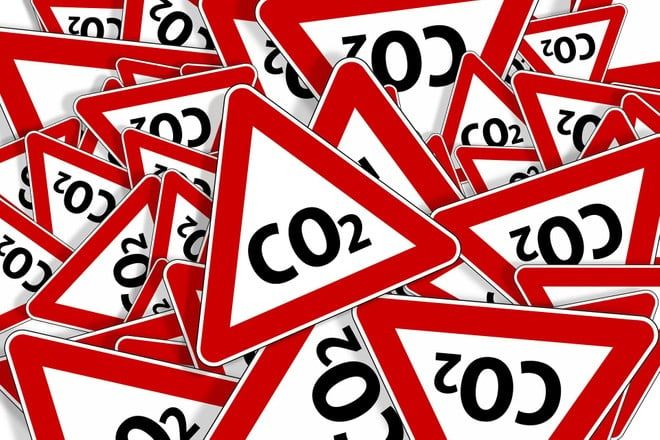
The new Euro 7 standard continues to cause discussion. About a week ago, the Minister of Infrastructure Salvini had once again pointed the finger at this legislation, calling it “wrong and meaningless”. At the same time, he had made it known that Italy, together with other European countries, was working to avoid what he had defined as a “leap in the dark”. Salvini had also highlighted that France, the Czech Republic, Romania, Portugal, Slovakia, Bulgaria, Poland and Hungary thought the same way.
Now, the news is coming that Italy, with 7 other European countries signed a documentsent to the European Commission, to the other capitals of the EU countries and to the EU rotating presidency, to illustrate the main common concerns on the Brussels draft regulation. The other signatory countries are Bulgaria, the Czech Republic, France, Poland, Romania, Slovakia and Hungary. almost all of those mentioned by Salvini last week.
According to what Il Messaggero recounts, the signatory countries would judge the new standard unrealistic. Furthermore, they add that the legislation could have negative effects on the investments of the automakers that are already in business. grappling with their electrification projects.
Euro 7 does not appear realistic and risks having negative effects on investments in the already existing sector. engaged in the transition to electric. The requirements for the new Euro 7 emission standards must be considered as soon as possible. broad EU legislative context.

These countries, therefore, they oppose the new legislation as it would divert investments from the sector to achieve the 2035 objectives.
In general, we oppose any new exhaust emission regulations (including new test requirements or new emission limits) for cars and vans because there are new regulations on exhaust emissions. would divert sector investments to meet the 2035 target. We perceive the importance of improving performance in terms of emissions which will still be relevant after 2035, in particular for abrasion-related particles, as they will allow the sector to concentrate on the emissions that will still be produced by electric vehicles after 2035. However, the introduction of the limit values should reflect the current development of measurement methods at the UN level and take into account the properties of electric vehicles. This would make it possible to set emission limits at an adequate level.
In the document, the signatory countries request an extension of the time limits set by the legislationand currently set at 2025 for cars and vans and at 2027 for heavy vehicles. Furthermore, the need is also reaffirmed; of having to correctly assess the impact of Euro 7 on consumer behaviour, too. For signatories, only balanced legislation will provide the a positive contribution to the protection of the environment without jeopardizing the future of the European automotive industry.
It is important to make a positive contribution to environmental protection. It is also essential to correctly assess the impact of the proposed Euro 7 framework, including on consumer behaviour, and to ensure that the new emission standards are realistic in relation to the state of technical development and in terms of cost-benefit analysis. Only a well-balanced regulation will provide the best results. the expected positive contribution to the protection of the environment without jeopardizing the future and competitiveness of the environment. of the European automotive industry, including access to mobility for citizens and its convenience.
The android pi? small and mighty? Samsung Galaxy S23, on offer today from smartapp for 615 euros or from eBay for 669 euros.